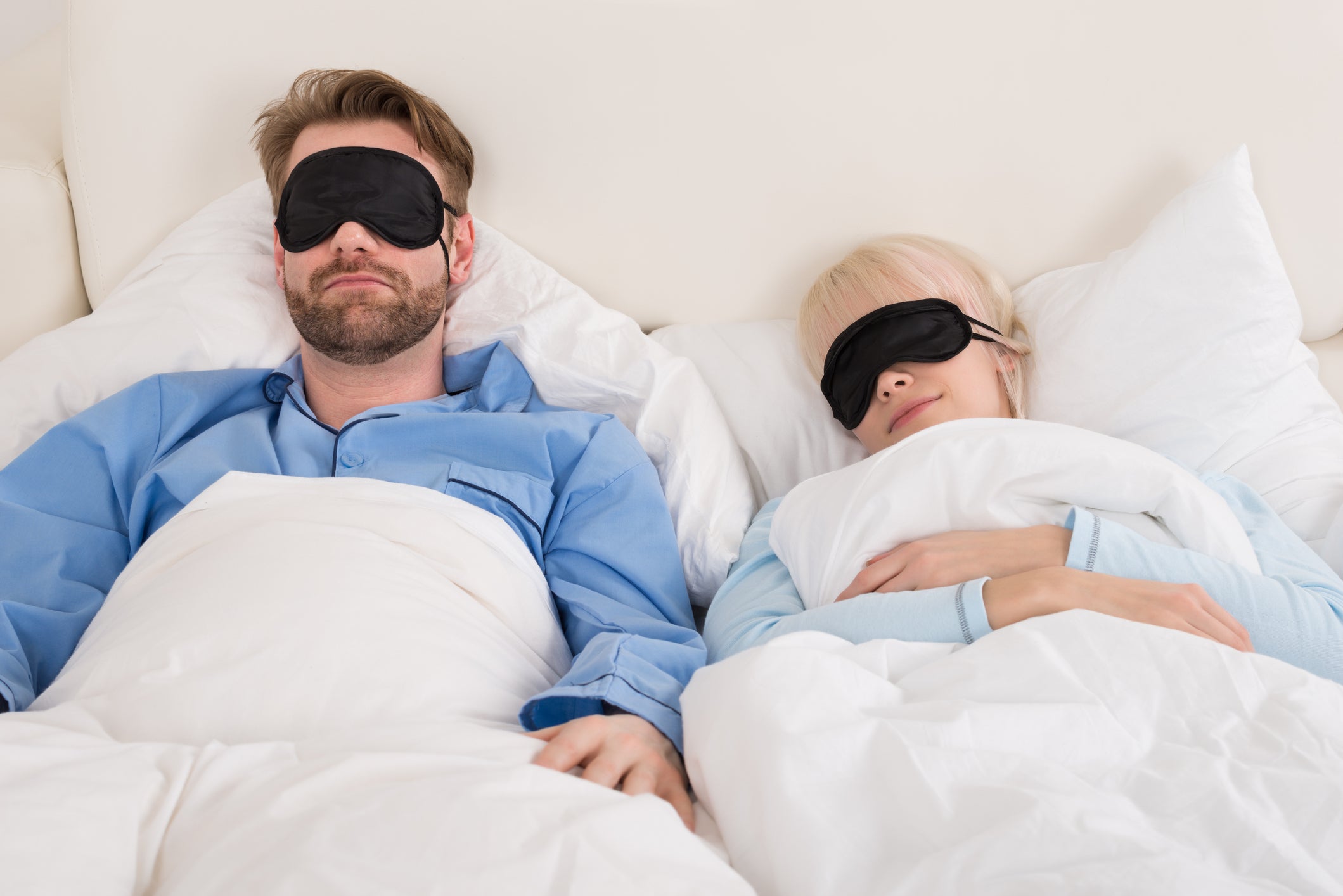About a third of adults do not get enough sleep in the UK and while meditation or sleeping pills do help insomniacs nod off - magnesium could also help problem sleepers.
Dubbed the mineral of the moment, magnesium can be found on pharmacy shelves and across social media.
It has many benefits from helping the body turn food into energy and supporting the nervous system, to regulating muscle and blood function.
Although it’s found naturally in nuts, fish, meat, wholemeal bread and spinach, the global market for magnesium supplements is worth almost £3bn and that's set to nearly double over the next decade.
Sleep is one reason people are willing to invest in the mineral - thanks to its relaxing effect on the brain.

“Higher levels of magnesium in the body seem to be associated with sleep changes - not just a longer time asleep but also better quality of sleep,” GP Dr Philippa Kaye told the Independent.
“We don’t know exactly how it works, but there is some evidence it acts on neurotransmitters including GABA which can help you feel calm and might help you go to sleep,” she added.
The neurotransmitter GABA is a chemical messenger in the brain that promotes calmness, reducing anxiety and stress.
Russell Foster Professor of circadian neuroscience at Oxford University explained the mineral “promotes relaxation by stimulating the ‘inhibitory neurotransmitter’ GABA, which reduces the release of multiple excitatory neurotransmitters.” As a result reducing the neurotransmitters that promote wakefulness.
The recommended daily amount of magnesium is 300mg for men and 270mg for women, the body stores about 25g, most of which is in bones and tissue.
If levels of this mineral drop too low, the body could experience stress, low appetite, nausea and vomiting, an abnormal heartbeat and muscle twitching - all of which could also hinder sleep.

“Magnesium helps regulate the body’s stress response system, so when levels are low, the body can become more reactive to stress, leading to higher cortisol levels and increased feelings of anxiety,” Rob Hobson, registered nutritionist, told the Independent.
“Magnesium also helps relax muscles and reduce tension, which can ease the physical restlessness that often interferes with falling asleep so when levels are low, people may also experience increased muscle twitching, or lighter, more disrupted sleep,” he added.
But simply popping a pill of magnesium isn’t a sure way of getting a good night's sleep.
That’s because for a supplement to make a difference the body needs to be deficient in the first place.
Mr Hobson explains magnesium supplements have shown promising results in older adults, people with insomnia, or a low magnesium levels.
But in healthy adults he said the results are “less consistent” and are not a “magic fix for everyone”.
“For some researchers the jury is still out – in terms of taking Magnesium as a supplement to promote sleep – but on the basis of the data emerging I am cautiously optimistic,” Professor Foster added.
If you think you might be deficient in magnesium, speak to your doctor who can order a blood test.
Scientists identify why we can’t concentrate after a bad night’s sleep
This common herb helps reduce inflammation, blood sugar, and lower anxiety
‘The exhilarating hobby that helped me overcome menopausal anxiety’
The fun challenges that can improve your memory proven by new study
Lack of interpreter left deaf man fearing he ‘had HIV and could die’
Scientists discover five new genes which increase obesity risk







